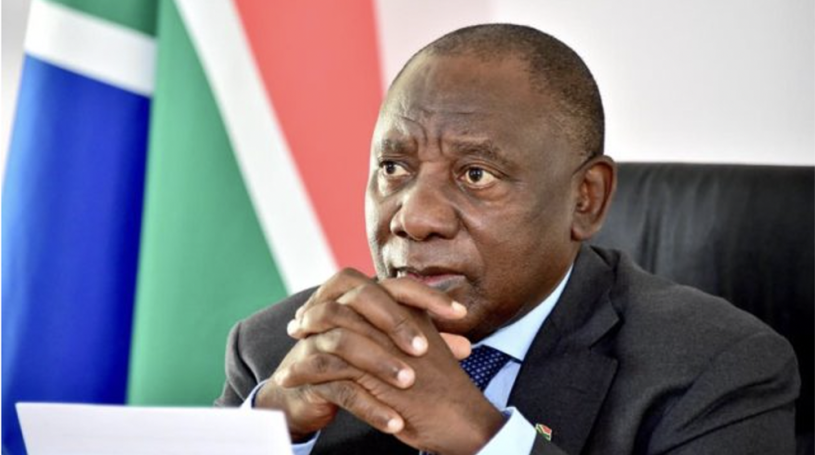BEE has failed in South Africa in some areas: Ramaphosa
2023 will mark two decades since the Broad-Based Black Economic Empowerment (BBBEE) Act was passed, but it’s clear more work still needs to be done, says president Cyril Ramaphosa.
Writing in his weekly open letter to the public, Ramaphosa said his government’s commitment to entrench and deepen economic empowerment is ‘unwavering’. “That is why black economic empowerment is an integral part of our economic reconstruction and recovery in the wake of the Covid-19 pandemic,” he said.
“While there has been significant progress over the last two decades, there are some areas where there has been regression. We have gone backwards when it comes to increasing black management control, upscaling skills development, entrenching enterprise development and broadening procurement to give opportunities to black women and the youth.”
The apartheid government deliberately built a distorted economy designed to benefit white people. The majority of South Africans were marginalised from the mainstream economy, with black entrepreneurs confined to small retail industries in the townships, the president said.
At the end of apartheid, black ownership of JSE-listed companies was less than 1%. This figure has not improved much in the past 28 years.
At the same time, there have been important private sector initiatives and deliberate measures by the state to facilitate greater and more meaningful participation of black people in the economy.
“It is clear that much more work needs to be done to address the many challenges that black businesses face. This includes the difficulty of accessing start-up and expansion capital and the ability of SMMEs to find markets for their products. Black women-owned businesses, in particular, encounter difficulties in taking on large-scale empowerment transactions.
“Breaking the cycle of underdevelopment through black economic empowerment is not just a moral imperative; it also makes business sense,” he said.
“The continued exclusion of the black majority from the economy’s mainstream constrains economic growth, which ultimately impacts all business. Expanding the country’s entrepreneurial base is fundamental to growth.”
It is not only wrong, but also unsustainable, for businesses to keep their management and ownership structures mostly white or male, he said.

